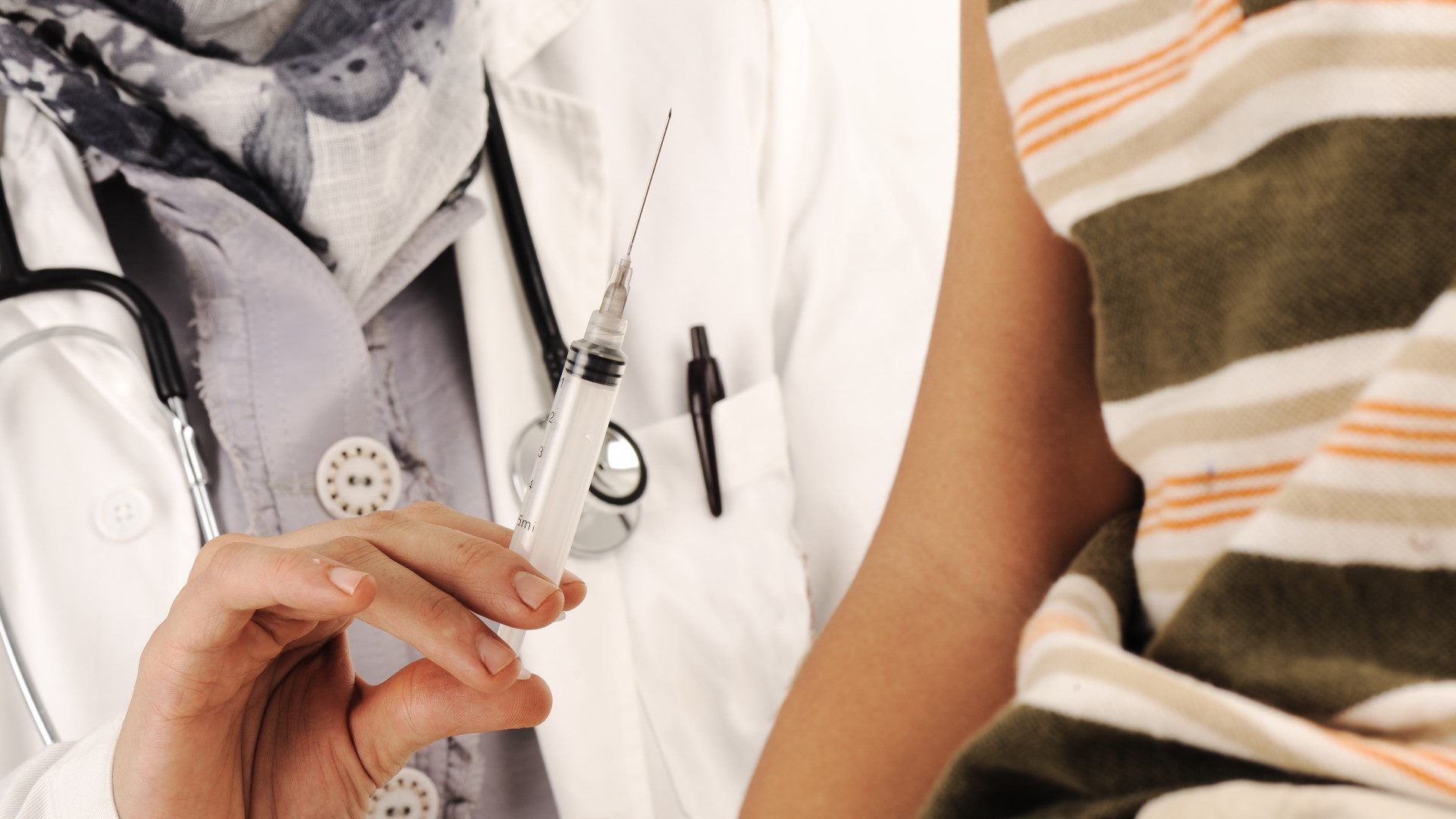Whether you already received it or are planning to get your COVID-19 vaccine anytime soon, a word of warning, “don’t flaunt it on Facebook” or other social media platforms.
That’s the message from the Better Business Bureau and other organizations that help prevent scams.
As more people get vaccinated, more and more folks are sharing their good news online. However, experts say jumping on this latest social media trend could put your identity at risk.
The pictures are populating social media everywhere. People proudly sharing snapshots of their COVID-19 vaccine card, something that’s become almost a badge of honor or health lately.
“First off, you know, it's great that people are going out there and getting their vaccines for their safety and everybody else. But you have to realize any time you put something on social media, whether it's your name, your birthday or anything like that, there are scammers and hackers that are out there that want to use that information to benefit, not you, but themselves,” said Trooper Bob Urban.
Trooper Urban is based out of the state police barracks in Dunmore. He does a lot of presentations on social media safety. Like so many other security gurus, he agrees with the Better Business Bureau’s suggestion of asking people to think twice about what they show online after getting their COVD-19 vaccine.
Ryan asked Trooper Urban, “What is your advice for people looking to celebrate getting the vaccine and if they want to share something on social media?”
“If you get your vaccine and you feel you want to put it out onto social media for your status, you know, just put the sticker on there. You may want to white out that last name, your address, date of birth and take it from there. Just because maybe your Social Security is not on that card or any type of other personal information about you, it's very easy for that hacker or the scammer to get personal information about you and open up a bank account or anything else that would be under your name. It takes a lot of steps to get that solved and to get it fixed,” explained Trooper Urban.
He added, “Be mindful of your financial transactions and everything that takes place. Look on your credit card statement. They have a lot of security measures in place today to help you out, the consumer. Take a look at those statements. If you see anything that you didn't do, call that credit card company, call your bank, and cancel it. Immediately after that is canceled, you're going to want to follow up with your local authority, whether you live in a municipality or anything, your local police department.”
One other thing Trooper Urban mentioned, a number of security agencies are keeping an eye out for counterfeit vaccine cards, essentially being sold to people who didn’t get the vaccine but need a card to board a plane or cross a border.
For a list of more safety suggestions surrounding the COVID-19 Vaccine card, click here.
The bottom line is don’t do it for "The Gram," aka Instagram, for Facebook, or any other social media platform. All to keep your personal information out of the hands of scammers.

